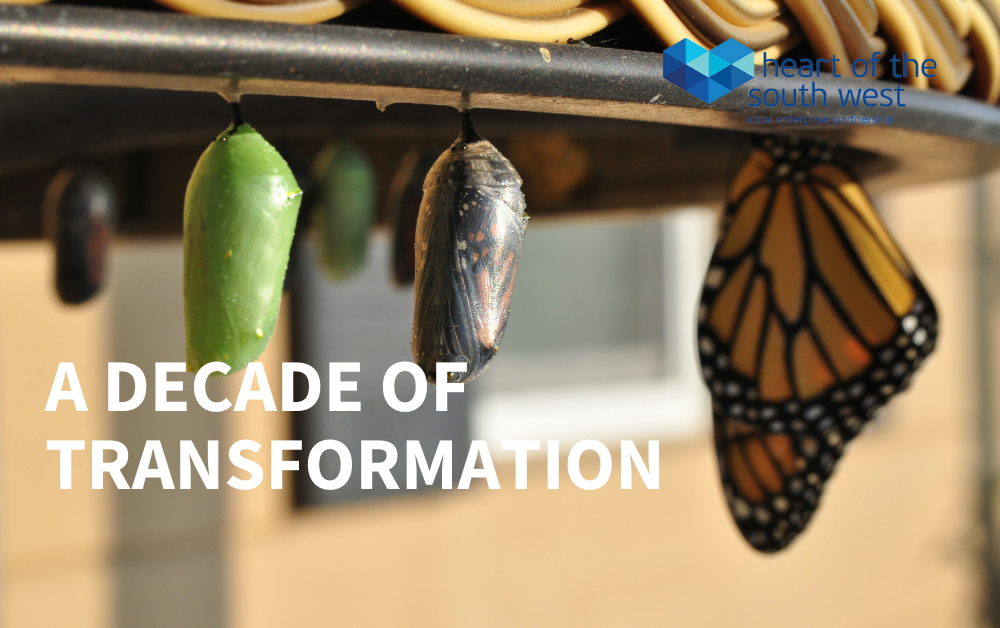At this month’s Board meeting, we discussed the upcoming transition of LEP functions and reflected on the journey and lessons learnt since the establishment LEPs in 2010. As part of the broader devolution agenda, the baton of responsibility carried by LEPs will be handed over to upper-tier local authorities from the end of this month. This marks a significant moment in both regional and economic development strategy, reinforcing the importance of local governance and leadership in shaping the economic future of our area.
LEPs have been instrumental in fostering a business-led partnership, encompassing local authorities, further and higher education institutions and focused on the key drivers of economic prosperity and productivity – research and innovation, skills, infrastructure, business support and inward investment. Indeed only this month, we have seen one of the largest inward investment events confirmed for the the development of a gigafactory at the Gravity Enterprise Zone site near Bridgwater, Somerset I have no doubt the willingness of local partners to use the business rate uplift Mechanism to demonstrate real local commitment was an important factor in securing the investment.
One of the core responsibilities of LEPs has been the delivery of 3 Growth Deals with Government. These deals have been crucial in channelling investment into local priorities, including EU-funded programs, two other Enterprise Zones in Oceansgate, Plymouth, Exeter, and enhancing the delivery and local supply chain at Hinkley Point C. LEPs, alongside local authorities have also played a vital role in mobilising partners and the Government to navigate challenges like Brexit and the pandemic, advocating for necessary and timeliness of funding and investment.
Our partnerships have supported universities in funding applications for research, enhanced access to business finance, and launched specific place-based initiatives such as PASD Freeport, Town Deals, and improvements to infrastructure and High Streets funding. In recent years, we have seen the first physical improvement (as opposed to planned maintenance) to the A303, as well as the implementation of the Dawlish scheme and the reopening of the Okehampton line.
Among the highlights of our journey, we have taken a leading role in developing the business case for the Great South West Pan-regional Partnership, spotlighting emerging region-wide opportunities such as energy, defence, food security, and natural capital. The partnership is a commitment to identifying and nurturing the region’s potential in these critical areas.
Reflecting on the past decade, LEP investments and efforts have helped both resilience in the the region’s economic landscape but also highlighted some of the real emerging opportunities in AI, Floating Offshore wind, environmental science and health.
We have operated the partnership through a Community Interest Company (CIC) composed of volunteers from across the region, which I would personally like to thank for their contributions over many years. As we approach transition, it is important to acknowledge the commitment of countless business leaders who have generously contributed their time and expertise to support the region’s economy and communities. Together, we’ve built a more resilient South West, poised for future challenges and opportunities but it will be for others to see them through.


